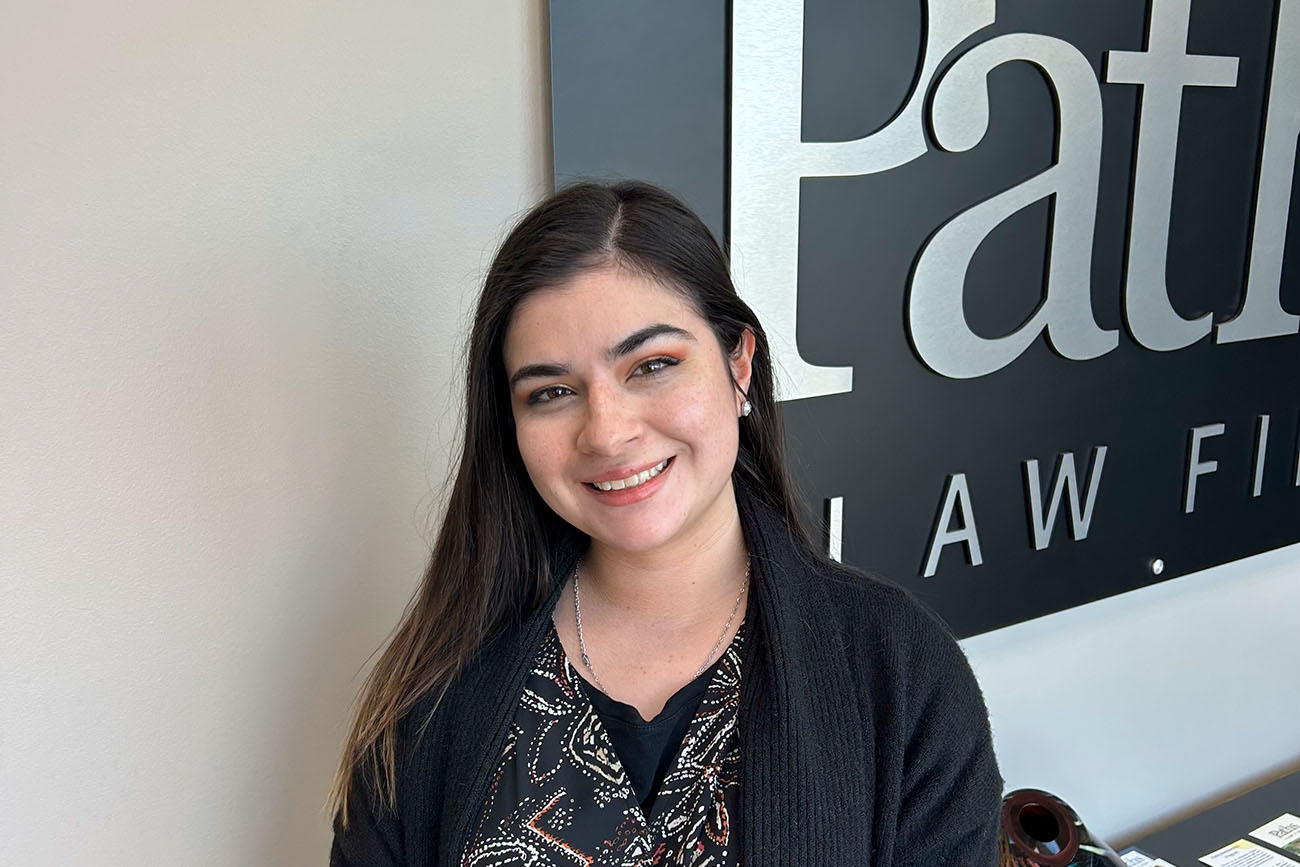Understanding the factors influencing nursing home costs is crucial for individuals and families preparing for long-term care through medicaid and nursing home care. Beyond geographical location, the level of care required significantly impacts expenses. Higher levels of care, such as assistance with daily activities, come with a higher price tag. Additionally, the type of facility is also a factor. Assisted living facilities generally have lower family costs than the traditional nursing homes or skilled nursing facilities.
Comparing Costs: Nursing Homes vs. In-Home Care
For those opting to age at home, if paying out-of-pocket and the caretakers are available, in-home care can be a viable economical choice. The median monthly cost for in-home care ranges from $4,957 to $5,148, making it a potentially more affordable alternative. However, even if the economics are more favorable, there are other factors that require serious consideration.
Financial Options for Nursing Home Care
The monthly average cost for a private room in a nursing home is around $9,000. Fortunately, several financial options exist to alleviate the burden, including:
- Savings and Investments: Utilizing personal savings or investments can be an option. However, it’s crucial to consider tax implications and seek professional guidance.
- Long-Term Care Insurance: Planning ahead with long-term care insurance is a proactive way to offset nursing home costs. Despite higher premiums, it provides a safety net for individuals who may not qualify for Medicaid.
- Veterans Affairs Aid and Attendance: Veterans may be eligible for the Aid and Attendance pension, providing a dependable monthly sum to cover long-term care expenses.
- Medicare: While Medicare covers short-term stays for skilled nursing care, it does not provide comprehensive coverage for extended nursing home care.
- Medicaid: State-administered Medicaid programs are mandated to cover nursing home care for low-income individuals. We’ll explore Medicaid in-depth, addressing eligibility criteria and financial considerations.
Medicaid: Navigating Eligibility and Considerations
If an individual lacks sufficient savings to cover nursing home expenses or if an extended stay depletes their assets, they may qualify for assistance from Medicaid. Medicaid is a state-administered health insurance program designed for individuals with low income or insufficient assets. Federal law mandates that state Medicaid programs cover nursing home care costs for qualifying individuals.
To be eligible for these services, individuals must meet their state’s level of care criteria and satisfy financial eligibility requirements. Medicaid eligibility is intricate, with multiple pathways allowing individuals to qualify. Some options are at the discretion of the state (sometimes referred to as a “waiver program), while others are mandatory. Depending on the qualification method for nursing home care with Medicaid, the state may require the beneficiary to contribute to the cost of their care.
Seniors who own homes should consider the fate of their property before applying for Medicaid. While federal law exempts homes from income and savings limits, that same protection stops when the owner passes away. Each state has an “estate recovery” program the purpose of which is to collect from estates of those who received Medicaid nursing home benefits. The government can put liens on the house while the person is still living and can collect reimbursement from the house after they die. Families seeking to preserve a cherished home may opt to bypass Medicaid, especially if the applicant’s life expectancy is short, and relatives can cover anticipated costs out of pocket.
Alternatively, a senior can retain their home within the family by a variety of methods, some must be done before applying for Medicaid, such as establishing an asset-protection trust. Other avenues exist even though the senior is already in the nursing home. An asset protection trust, typically one type of irrevocable trust, allows the transfer of property, such as a home or cash-like assets, to a trustee for management and benefit.
Consult a Qualified Medicaid Lawyer
Navigating the complexities of Medicaid and nursing home carerequires legal assistance. Finding a qualified Medicaid lawyer can be achieved by contacting the local bar association and identifying attorneys who teach seminars on Medicaid planning. Reach out to us at Paths Law today for more information!



































